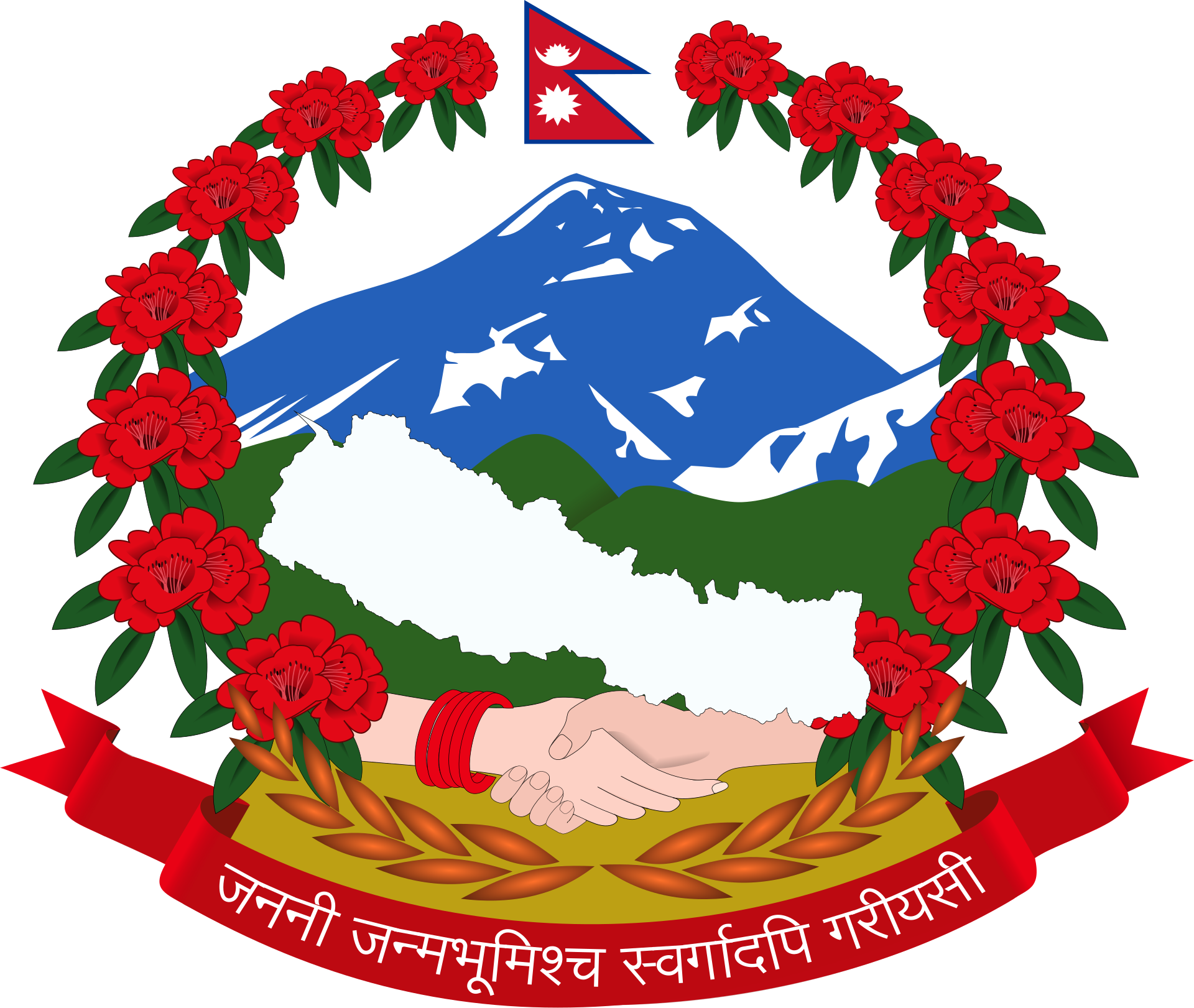Required Documents
- Project Report
- Joint Venture Agreement (JVA), in case of more than one investor
- Citizenship certificate of local party or Certificate of Incorporation including Memorandum of Association and Articles of Association, if local party is a company
- Copy of passport of foreign party/or Certificate of incorporation, including Memorandum of Association and Articles of Association, if participant is a company
- Bio-data / Company profile of the foreign party
- Financial Credibility Certificate (FCC) of the Foreign Investor provided by a home country bank or domiciled country bank
- Authority letter from the concerned companies or individuals to carry out any necessary work on their behalf, if applicable
The refundable amount of Rs. 20,000/- should be after the approval of Foreign Investment and which will be returned after the operation of industry.
Frequently Asked Questions (FAQs)
1) Which areas are not opened for foreign investment?
Ans : Most of the industries are open for foreign investment. Only a few industries basically cottage industries, security related and atomic energy industries.
Industries not granted permission for Foreign Investment
- 1. Cottage Industries (the list of cottage industries that are given below in note)
- 2. Personal Service businesses (Such as hair cutting, beauty parlour, tailoring, driving training, etc.)
- 3. Arms and Ammunition Industries
- 4. Gunpowder and Explosives
- 5. Radiation materials /Radioactive Materials related Industries
- 6. Real Estate Business (excluding construction industries)
- 7. Film Industries (National Languages and other recognised languages of Nation)
- 8. Security Printing
- 9. Banknotes and Coins
- 10. Retail Business (excluding international chain retail business with its business in at least two countries)
- 11. Bidi (excluding more than 90% exports)
- 12. Internal Courier Service
- 13. Atomic Energy
- 14. Poultry
- 15. Fisheries
- 16. Bee Keeping
- 17. Consultancy Services such as Management, Accounting, Engineering, Legal Services (Maximum 51% foreign investment is allowed)
- 18. Beauty Parlour
- 19. Processing of Food Grains on Rent
- 20. Local Catering Services
- 21. Rural Tourism
Note - Technology transfer is possible even in areas where foreign investment is not allowed.
Cottage Industries
Handloom, Pedal loom, Warping, Dyeing & Printing, Tailoring (other than readymade garments), Knitting, Hand Knitted Woollen Mat & blanket (Radi, Pakhi) Woollen carpet, Pashmina, Woollen Garments, Carpentry, Wooden Artistic Product, Cane & Bamboo works, Natural Fibre products, Handmade Paper & Goods made up thereof, Ornaments(of gold, Filigree products including silver, brass, copper, precious & semi precious stones) Sculptures & pottery, honey, Chiyuri, Cardamom processing, clay or ceramic pottery, Leather cutting & tanning, rural tanning & leather goods producing works, Jute, Sabai grass, Babio, Choya, Cotton thread products, Artistic products made up of Bones & horns, Stone Carving, Ceramic fine arts, Boutique, Incense (Dhoop), Dolls & toys industries and industries having up to NRs 200,000 investment in fixed assets (excluding land & building).
A. Unless otherwise mentioned specifically, above mentioned industries should not employ the machines having more than five kilowatt power of motors of diesel or petrol or crude oil engine. Power looms does not fall under the cottage industries.
B. Permission should be taken for the establishment of mechanised woollen spinning and mechanised woollen carpet manufacturing.
2) Is there any provision of minimum threshold for foreign investment?
Ans : Yes, Any foreign investor has to invest at least Rs. Twenty million in the project. But there is no upper cap for foreign investment.
3) Is there any restrictions on equity holding percentage in any project?
Ans : Yes, Foreign investor is permitted to equity holding percentage in some of industries are as follows:
- Aeroplane service -80%
- Telephone service - 80%
- Consultancy service - Maximum 51%
- Casino industry required a local partner to be established
4) In which form, investor can invest in industry?
Ans : Investor can invest in any industries in the form of cash or kind. In the case of cash, foreign investor should invest in convertible foreign currency which is publicly transacted by Nepal Rastra Bank (Central Bank of Nepal). Investor should bring their investment through proper banking channel and directly transfer to the name of the company. While investing in the form of kinds especially in the form of machinery and equipment, investor should obtain the prior approval from Department of Industry.
5) Should industries take any other approvals from Department of Industries after registration of industries?
Ans : Industries should take the approval from Department of Industries after registration of industries in the following cases (events). For obtaining the approval, industries should submit the application form along with the stipulated documents. The detail lists of required documents is given in respective sections of these events.
- Change in the company name
- Change of the owner/investor of the company
- Change in production capacity
- Change in type of product
- Change in location
- Change in Electricity capacity
-
Approve foreign investment in the existing industry through
- Share purchase Agreement
- Loan agreement
- Technology transfer Agreement
- Extension of operation date or license of industries
- Closing of industries/Cancellation of license of Industries
6) How many percentage of their salary expatriates are permitted to take back home?
Ans : Expatriates are permitted to take back 75% of their salary, allowances and emolument.
7) Is investor permitted to establish single man company or has to look for partner?
Ans : Investor is permitted to establish the single man company except in the industries. In other all industries, they are permitted to establish without having local or foreign partner.
8) Is there equal treatment to all foreign investors?
Ans : All foreign investors as well as local investors can enjoy all the facilities and incentives as stipulated in the act and rules equally without and discrimination.
 उद्यमशील संस्कृतिः राष्ट्रको समृद्धि
उद्यमशील संस्कृतिः राष्ट्रको समृद्धि



 KriwiAI
KriwiAI